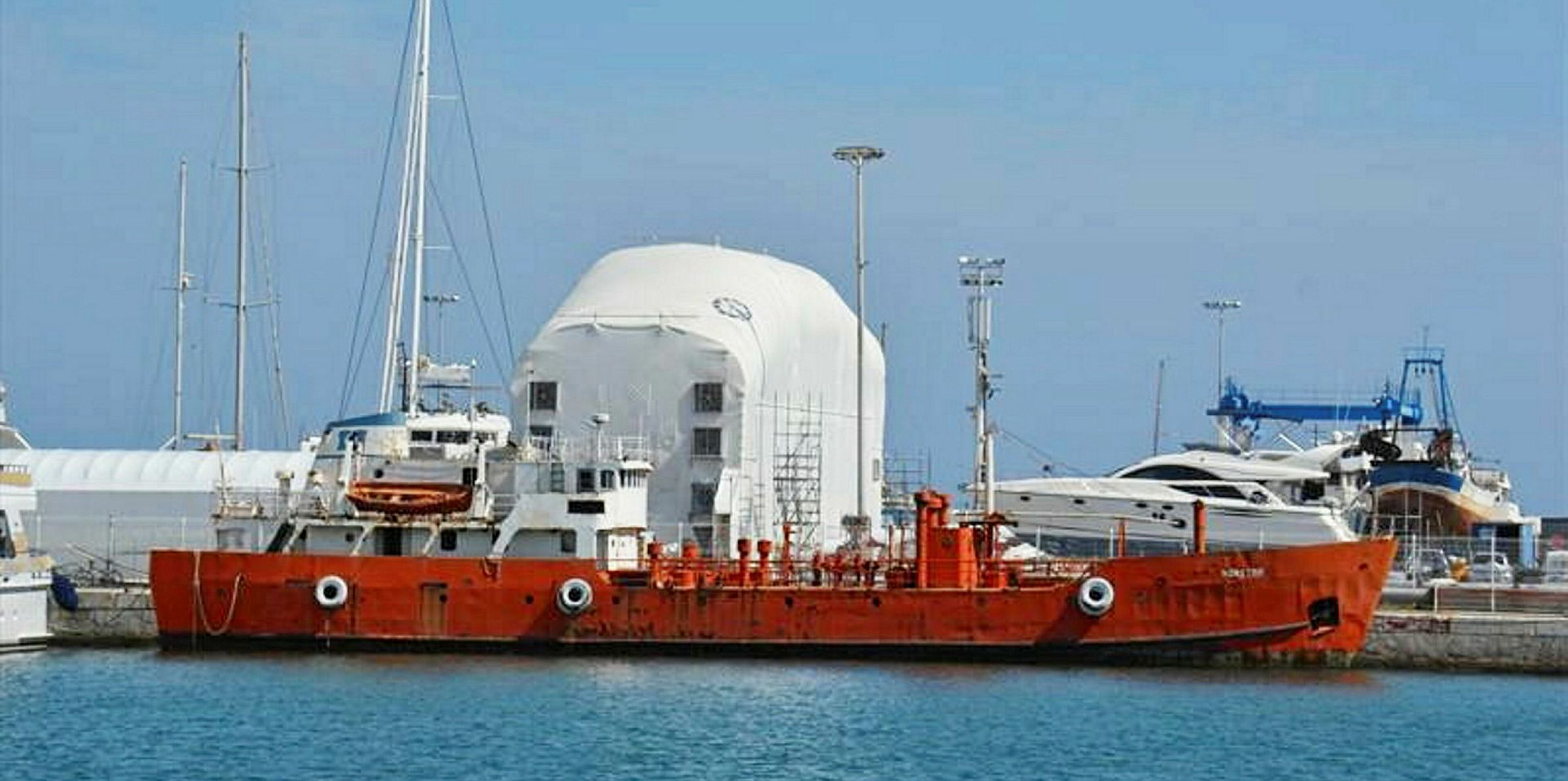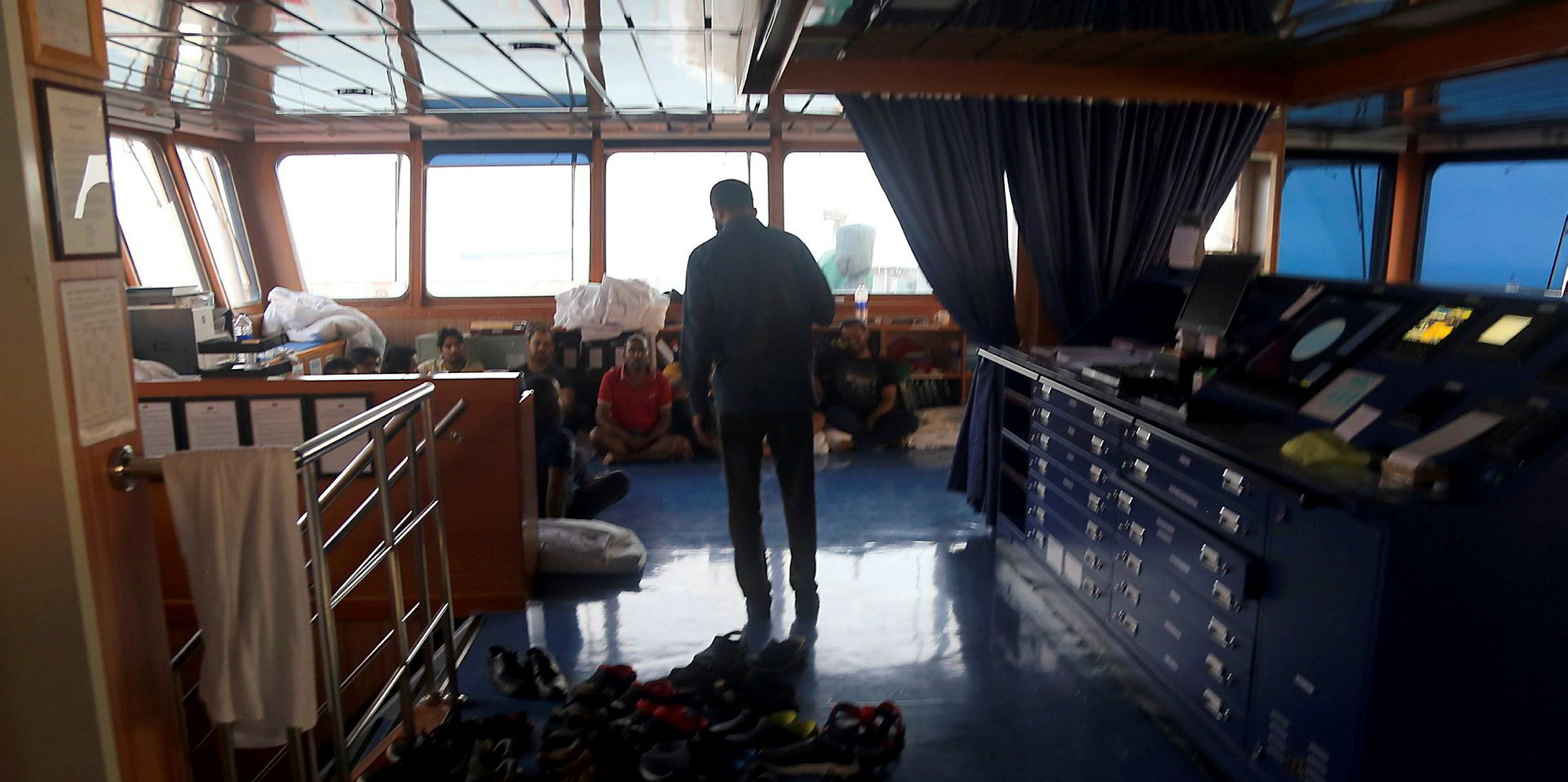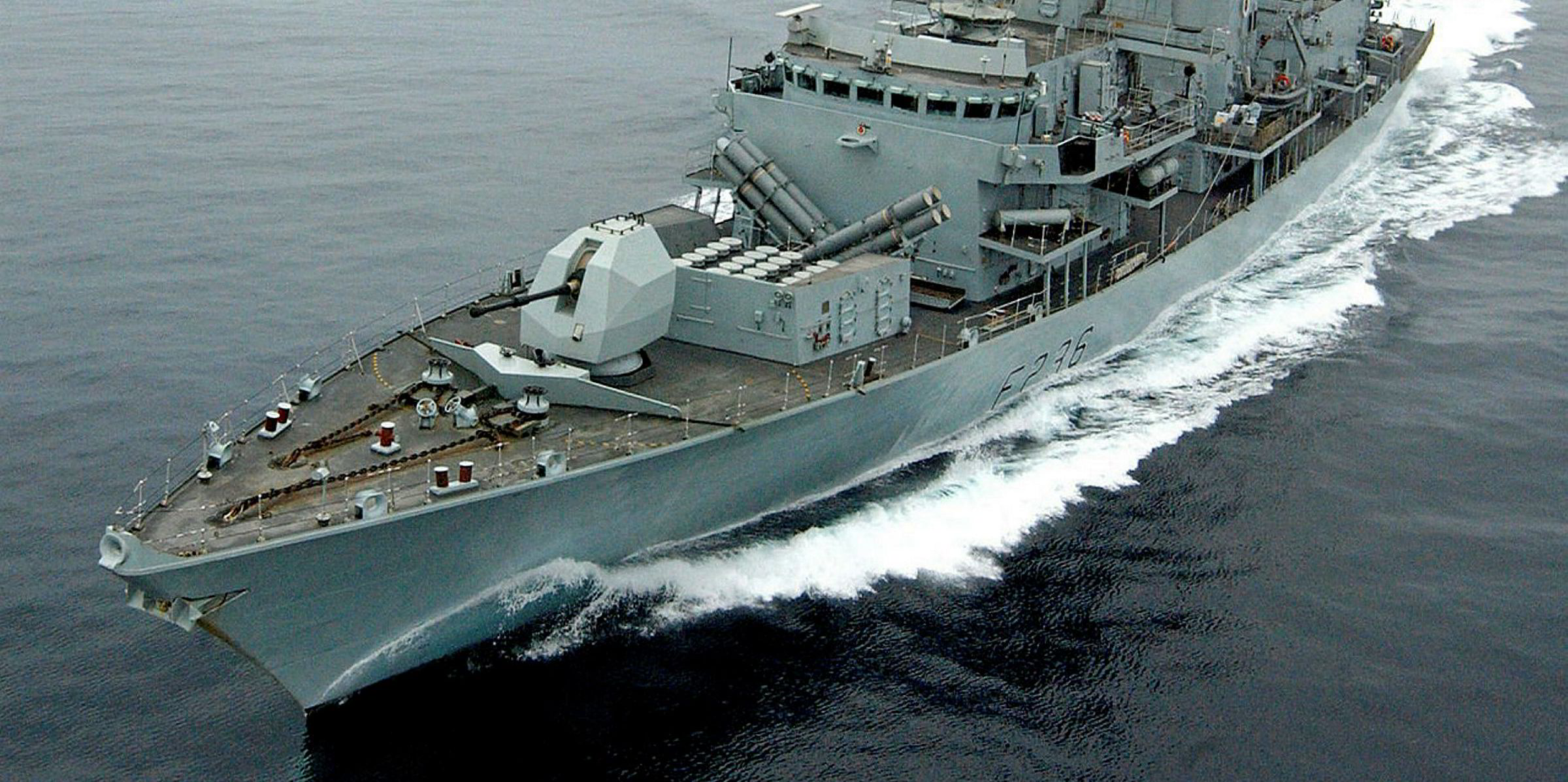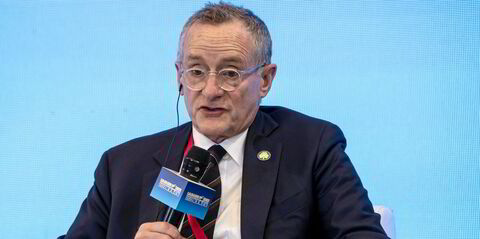ITLOS is intended to serve mainly states parties locked in disputes arising out of interpretation and application of the United Nations Convention on the Law of the Sea (UNCLOS).
But a shipowner can also be authorised by, say, a foreign affairs minister to act on behalf of a flag state in requesting, via “urgent proceedings”, the release of a vessel that might be accused of responsibility for pollution or illegal fishing.
An exception to the norm of states parties submitting cases is deep seabed mining, when private entities sponsored by a state can pursue disputes, albeit through a special chamber of 11 judges.
Acting registrar Ximena Hinrichs Oyarce explained that as well as handling disputes (contentious jurisdiction), the Seabed Disputes Chamber can provide an advisory opinion on legal questions.
So far, 27 cases have been submitted to the tribunal. Merits of a case can stretch to two-and-a-half years, including up to 18 months of written proceedings, oral hearings and maybe six months drafting the decision. Thousands of pages of documents may have to be translated into French or English.
In cases involving the prompt release of vessels and crew from detention on posting of a “reasonable” bond or other financial security, the tribunal is required to deliver its judgment within 30 days of an application being filed.
Shipping, maritime boundary limitation, protection of the environment and deep seabed mining all come within the tribunal’s jurisdiction.
Its decisions are final and binding. There is no right of appeal to another court. The tribunal has no enforcement powers, but until now parties have typically complied, Hinrichs said.

Compensation can be awarded, for example, in freedom of navigation cases. This happened this year when ITLOS ruled in favour of Panama in a case involving the arrest and detention of the 457-dwt bunker tanker Norstar (built 1966). The bench awarded Panama $285,000, plus interest, for loss of the ship, which was supplying gasoil to mega-yachts in the Mediterranean.
The tribunal determined that bunkering on the high seas falls within Article 87 of the convention, whereby no state may exercise jurisdiction over foreign vessels unless in exceptional cases.
Italy had seized the Norstar in a move related to criminal proceedings instituted against eight individuals for alleged smuggling and tax evasion.
Situations can become more complicated where straits are concerned, and separate treaties apply. In 2005, neighbours Singapore and Malaysia recognised the Straits of Johor was a shared body of water in response to recommendations by experts from ITLOS on land reclamation by Singapore.
Urgent proceedings for the prompt release of vessels featured prominently in the first 10 years of ITLOS, Hinrichs said. So did interim injunctions, in which a state petitions to preserve its rights pending a final decision. Since then, the range of disputes handled has been more diverse, including maritime delimitation cases whereby UNCLOS states can establish different maritime zones.
It was UNCLOS that originally prescribed exclusive economic zones, handling cases in which states seek to increase their continental shelf beyond the 200-nautical-mile limit.
Such moves can result in national maritime zones overlapping, as happened in a dispute between Bangladesh and Myanmar in the Bay of Bengal seven years ago.
Another case involved the South China Sea, but that went to arbitration — another system within UNCLOS for dispute settlement in which each party can appoint one arbitrator and both parties agree on two more, in addition to the tribunal president.
Arbitral proceedings, which can be held anywhere in the world, are viewed as the default mechanism if parties cannot agree to use the tribunal or the International Court of Justice (ICJ). But whereas parties do not pay to bring a case to ITLOS or the ICJ, the venue, secretariat and other expenses must be met in arbitral hearings.





